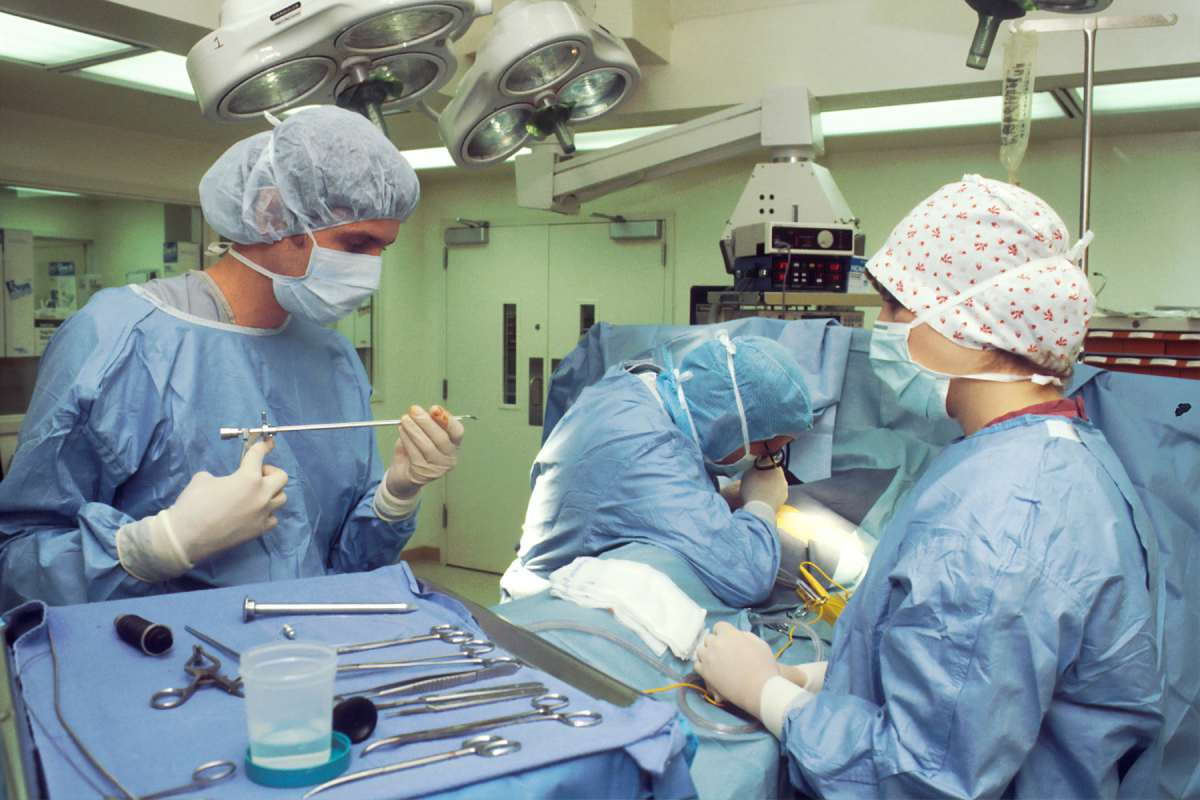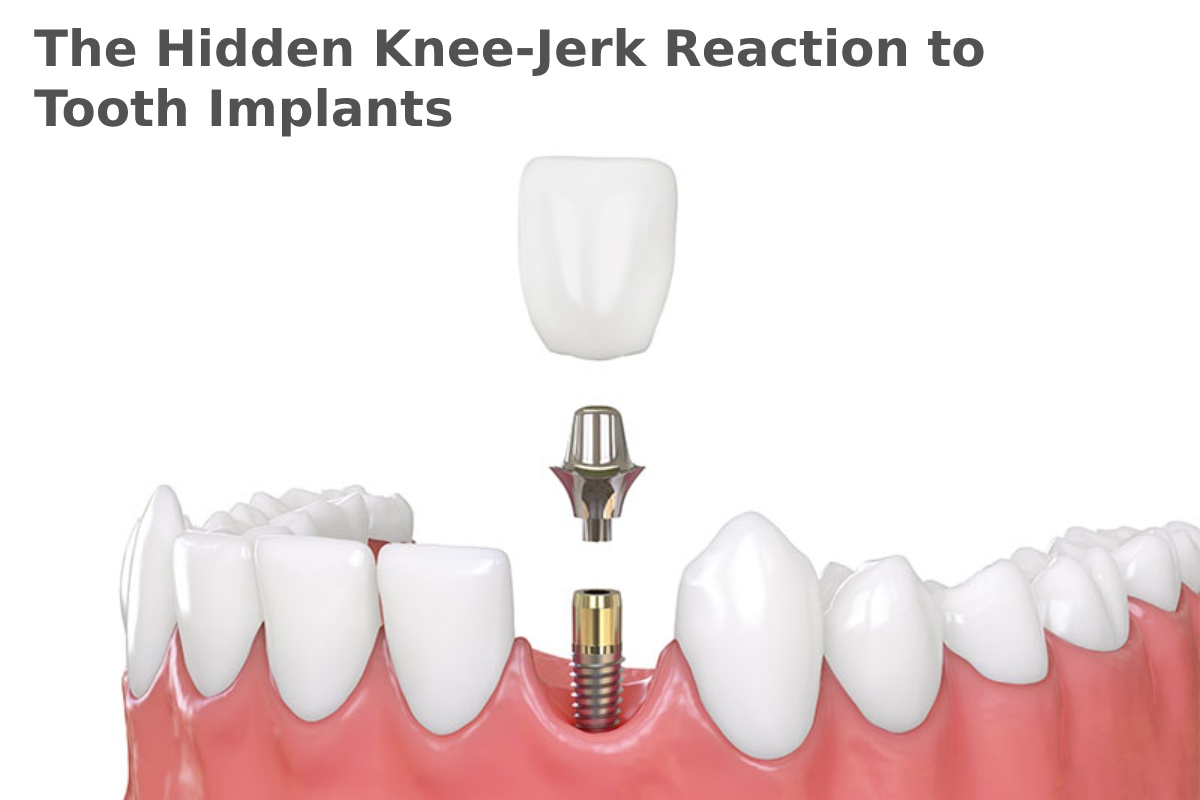Partial hospitalization programs are a form of part-time treatment. PHP still offers daily sessions and a great deal of support for patients. However, the key difference in this sort of program is that guests return to their own home or a sober living home at the end of each day.
These programs provide the same high-quality, safe, and supportive environments to those that don’t necessarily need to or cannot spend all of their time at a residential treatment center. Guests will still benefit from the same luxury amenities and physical, mental, and spiritual treatments available to full-time residential treatment center guests.
Once individuals have completed residential treatment, partial hospitalization can be an excellent next step. This program gradually introduces independence while maintaining strong lines of support. Furthermore, individuals that may be at risk of relapsing can also benefit greatly from partial hospitalization. It is not always necessary for these individuals to be completely hospitalized and the support provided by a PHP may be more than enough.
Benefits of Partial Hospitalization
There is a significant amount of benefits that are associated with partial hospitalization. Although PHP is not designed for everyone, it serves as the perfect source of support for those in the delicate middle-ground between treatment and complete independence.
Partial hospitalization provides guests with the same high-quality care that a residential treatment program offers. Guests do not have to worry about missing out on any key treatments or resources. Much like residential treatment programs, PHP offers a wide host of individual and group therapies for guests.
Group therapies can especially be of great benefit for individuals. Group meetings where guests share their past and continued experiences help to foster a sense of community. Individuals partaking in the same program can greatly benefit from building mutually supportive relationships which can exist long after their treatment is complete.
At the same time, individuals in a PHP can benefit from a sense of normalcy. Individuals partaking in partial hospitalization can receive treatment while transitioning back to or maintaining an independent life. It is often the case that round-the-clock inpatient care is something that deters them from seeking addiction treatment. Professionals at these programs will help guests maintain all of the progress made during treatment and help them utilize the lessons learned within their daily routines. Thus, PHP provides a balance between independent living and structured and guided support.
Partial hospitalization also provides individuals with a better pacing of treatment. Addiction treatment is an intensive process that requires dedication and cannot be done quickly. Rather than short bursts of high-intensity care, PHP allows for more long-term regular treatments that enhance the chances of long-term sobriety.
How Does PHP Differ From Outpatient Programs?
Partial hospitalization, although less intensive than residential treatment programs, is more intensive than other outpatient programs, such as the Intensive outpatient program (IOP). For example, PHP requires more sessions each week, which are typically longer, than other outpatient programs. This, of course, comes with its own unique advantages.
In comparison to outpatient programs, partial hospitalization provides patients with greater access to medical support. Furthermore, partial hospitalization programs can provide treatment at a slower and more gradual pace than less intensive outpatient programs. Consistent long-term care gives patients the best chances for recovery.
Partial hospitalization also provides another niche benefit. It is sometimes the case for recovering patients that too much freedom, too quickly, especially after a stay at a residential treatment program can actually be harmful to their recovery. Such a drastic shift can bring stress and anxiety alongside it, which can lead individuals to relapse quickly. Partial hospitalization on the other hand prevents such a radical change from occurring. Furthermore, even if individuals experience difficulties with their gradual transition, they can quickly and easily receive the required support to get them back on track.
Other outpatient programs might be better suited for those with only mild symptoms and those that do not require round-the-clock monitoring. PHP, on the other hand, is better suited for those that do require more watch, have more symptoms, and may be at risk of relapsing.












